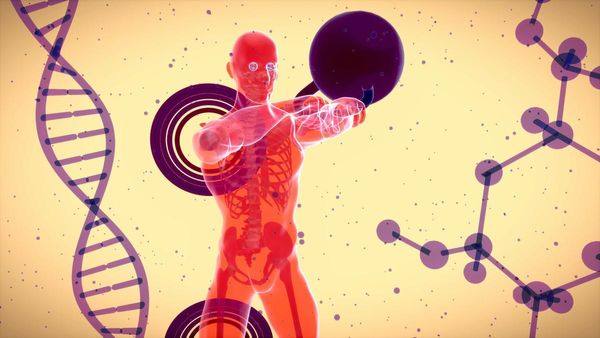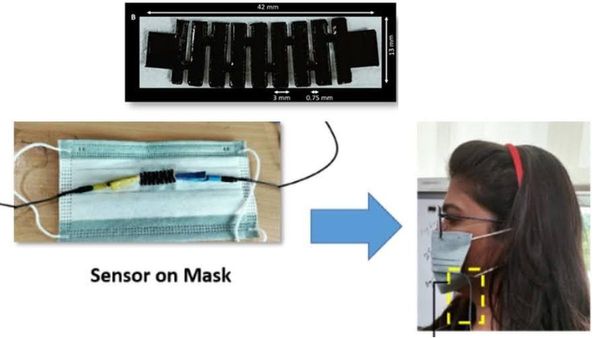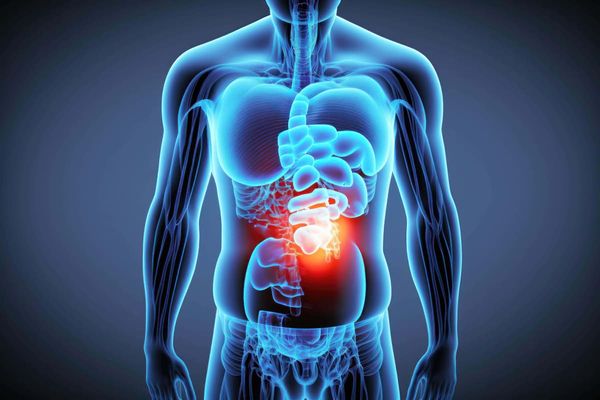You’d think you’d look for signs of bladder cancer in urine, wouldn’t you? Sadly, it’s easier said than done, so there’s normally a need for uncomfortable and invasive cystoscopy exams, with a camera inserted into your urethra.
But Birmingham University researchers have come up with a simpler alternative. A urine test that can quickly and accurately detect bladder cancer – as well as streamline diagnosis.
The test uses highly sensitive liquid biopsy technology alongside biomarkers developed by researchers at the university’s Bladder Cancer Research Centre.
This new test is the result of a collaboration between Birmingham University and the cancer screening company Nonacus.
The GALEAS Bladder test uses the aforementioned technology by Nonacus and biomarkers developed by Professor Rik Bryan alongside Dr Douglas Ward. It detects its presence by finding DNA from tumour cells in urine.
The Birmingham researchers validated the biomarkers in more than 600 patients from three different groups, confirming the reliable performance of the test, showing high diagnostic accuracy across all grades and stages of bladder cancer.
Professor Bryan says: “Since 2009, Doug Ward and I have been working on various strategies to accurately and reliably detect bladder cancer from a urine sample.
“The DNA-based genomic approaches we have been developing over the last eight years, with funding from Cancer Research UK and support and expertise from Nonacus, have allowed us to do just that.
“The test appears to rival cystoscopy with regard to sensitivity and specificity for the diagnosis of bladder cancer in patients being investigated for haematuria [blood in the urine].”
GALEAS Bladder has the potential to work across the entire bladder cancer spectrum, reducing the reliance on invasive cystoscopy and expensive imaging for surveillance of bladder cancer with minimal follow-up, as well as when on triage for haematuria.
Chris Sale, CEO of Nonacus Ltd, said: “We are very excited to launch GALEAS Bladder.
“We are striving to develop a suite of meaningful non-invasive tools that can have real impact on the diagnosis and treatment of patients with suspected cancer.
“The test represents the first in this pipeline, helping to improve patients’ lives and reducing the burden of cystoscopy on overstretched clinics.”










